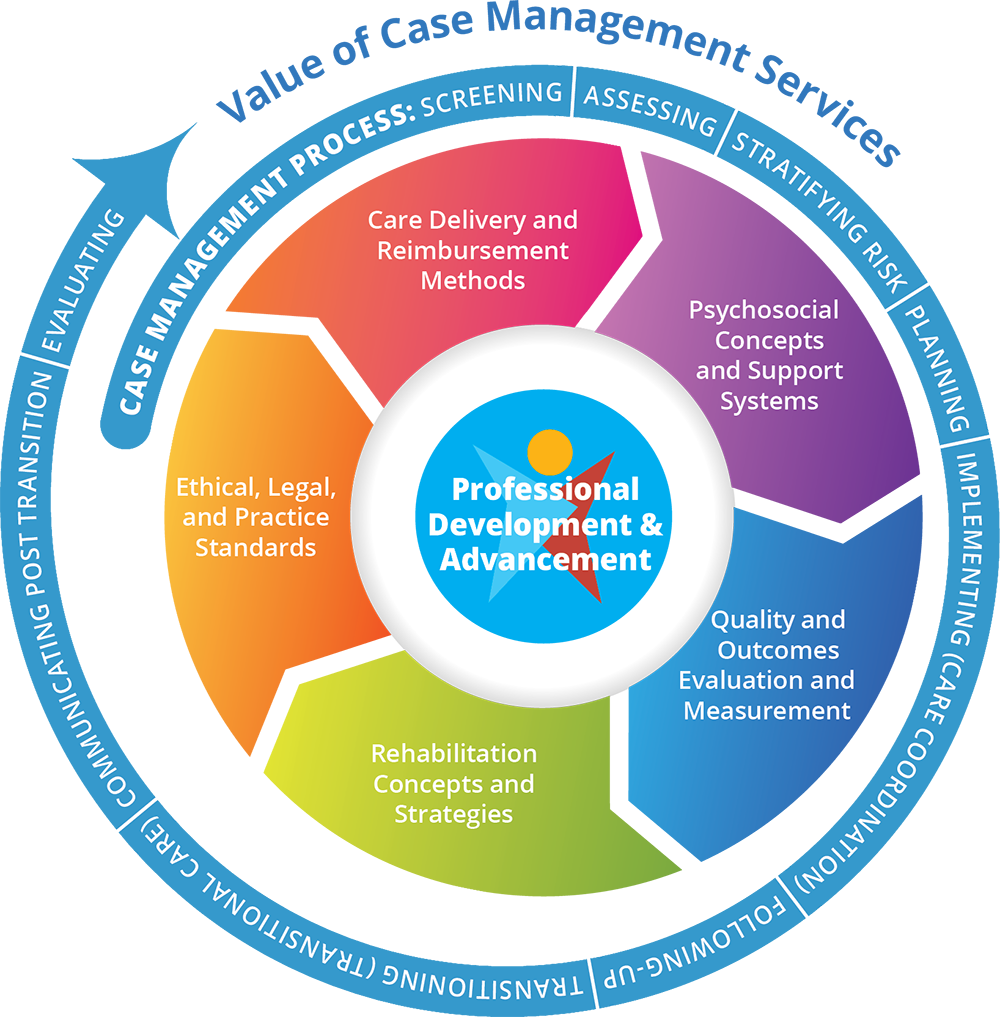For Caregivers
It can be very difficult watching someone you care about go through cancer treatment, especially if their cancer keeps getting worse. If you are caring for someone with advanced cancer, remember that the main goal is to help ease their suffering. Your role should be to help your loved one get through the rest of their life with dignity, comfort, and ease. You may need to accept that they can no longer do the activities they once did. This may include the simplest of tasks or activities you used to do together.
Helping someone with advanced cancer
Here are some ways you can help a loved one who has an advanced stage of cancer:
• Make decisions together. This will likely bring up many emotions, but try to focus on these areas:
o Agree on appropriate treatment goals
o Resolve financial questions. A hospital financial counselor may be helpful
o Ask family members for emotional support
o Decide when to consider hospice care
o See if appropriate clinical trials are available
• Discuss pain management with the care team to make sure your loved one is as comfortable as possible
• Avoid pressuring your loved one to eat. If they are not getting enough nutrients, talk to the care team about feeding options
Be prepared for changes
Your loved one with advanced cancer may undergo changes in their:
• Appearance
• Personality or mood
• Ability to remember
• Sleep patterns
• Appetite or nutrition needs
Understanding these changes before they happen may make them easier to handle.
Other practical concerns
You may have helped your loved one keep track of records such as prescriptions, side effects, and appointments. Continuing to do this can make things more manageable. Here are some other practical things you should consider:
• Ask about accommodating your loved one if they have mobility issues. This may mean installing wheelchair ramps, ordering a hospital bed, or moving a loved one to a downstairs room
• Confirm any advance directives. These are end-of-life plans your loved one has made in advance. They can include a Do Not Resuscitate (DNR), living wills, and durable powers of attorney for health care
• Other legal records that are not part of advance directives (such as a will and a legal power of attorney)
• Plan for palliative care or hospice. Decide when to contact family members and health care providers

